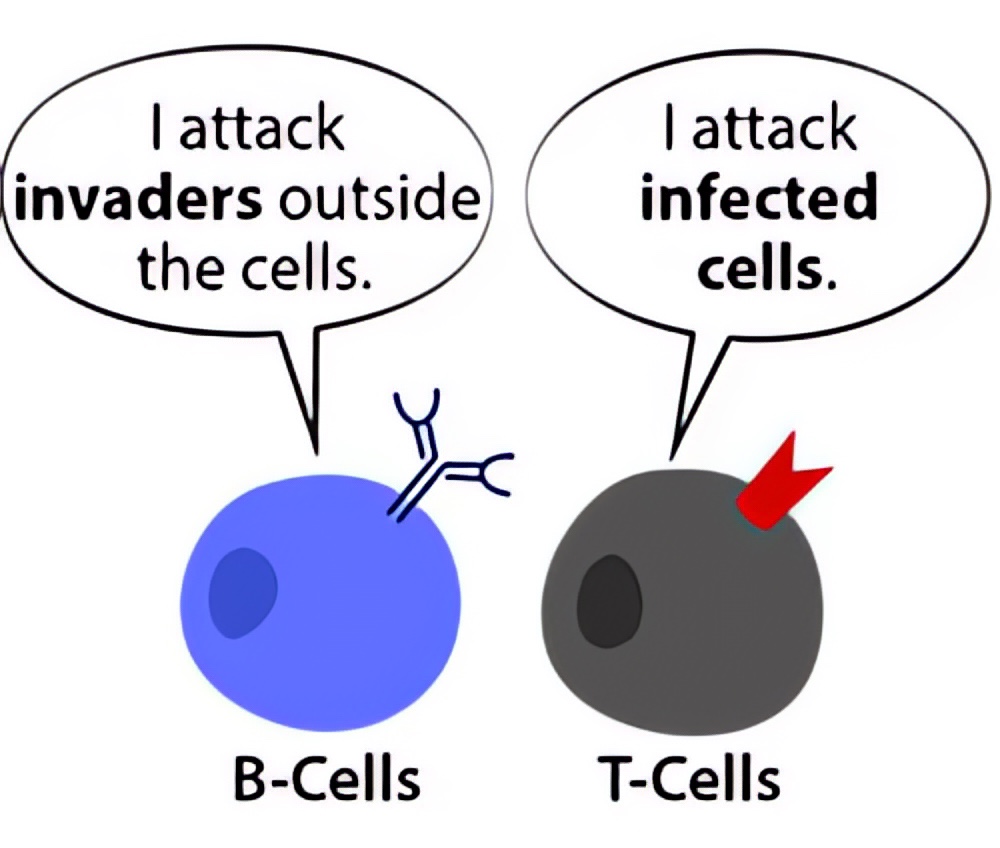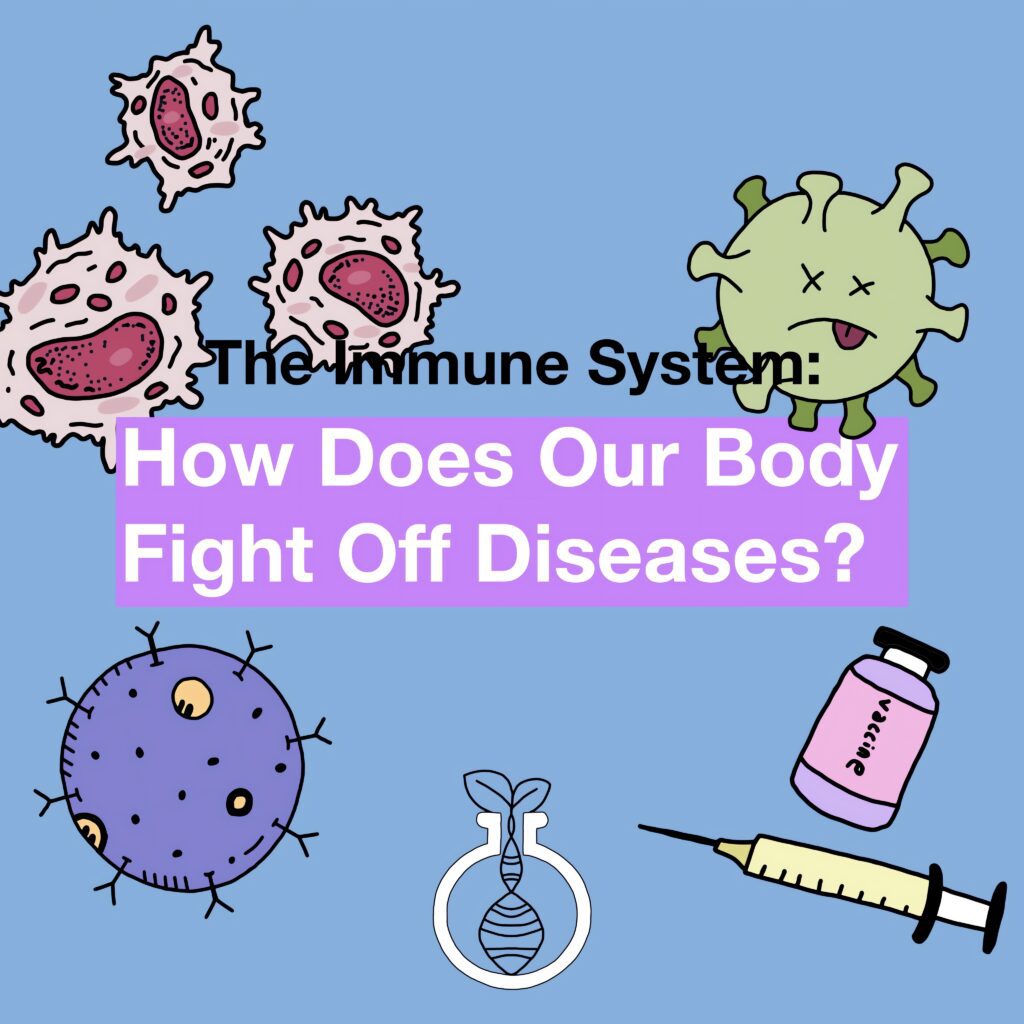Imagine your body as a fortress, constantly under threat from invaders like bacteria, viruses, and other pathogens. So, how does this fortress stay standing? The answer lies in your immune system; an intricate defence network that protects you from the dangers lurking in the world. But how exactly does it work? Let’s dive into the fascinating world of the immune system and uncover the secrets behind how your body fights off diseases.
The First Line of Defense: Innate Immunity
Your body’s first response to any foreign invader is through its innate immunity, the immune system’s rapid reaction force. Think of innate immunity as your body’s first responders, patrolling and guarding against any suspicious activities. This system includes physical barriers like your skin and mucous membranes, as well as immune cells like macrophages and neutrophils that attack and devour invaders on sight. It’s quick, effective, and doesn’t require previous exposure to the pathogen to be activated.

The Specialized Warriors: Adaptive Immunity
If a pathogen manages to breach the first line of defense, your body calls in reinforcements—adaptive immunity. This is a highly specialized response tailored to the specific invader. The adaptive immune system includes B cells and T cells, which remember past infections and provide long-lasting immunity. B cells produce antibodies, proteins that target and neutralize specific pathogens, while T cells destroy infected cells. Together, they form a powerful and precise response, often eliminating the invader completely.

Our Biggest Ally: The Role of Vaccination
One of the most incredible aspects of the immune system is its ability to remember pathogens it has encountered before. Vaccinations take advantage of this by introducing a harmless form of a pathogen into your body, training your immune system to recognize and fight the real thing if it ever comes your way. This is why vaccines are so effective in preventing diseases—they give your immune system a head start, so it’s ready to fight before you even get sick.

Immune System Disorders: When Things Go Wrong
While the immune system is generally very effective, it isn’t foolproof. Sometimes, it can mistakenly attack the body’s own cells, leading to autoimmune diseases like rheumatoid arthritis or lupus. On the other hand, a weakened immune system, as seen in conditions like HIV/AIDS, leaves the body vulnerable to infections it would normally fend off easily. Understanding these disorders is crucial in finding ways to support and boost immune function.

In Conclusion: Trust Your Warrior Body
The immune system is nothing short of amazing. It’s a complex, highly coordinated network of cells and molecules working tirelessly to protect you from disease. Every sniffle you avoid and every infection you overcome is a testament to its power. So, next time you find yourself battling a cold or flu, remember that your immune system is on the front lines, fighting the good fight to keep you healthy.


My name is Ali Emre Cabadak, a dedicated biology enthusiast currently pursuing my studies at Marmara University, where I am majoring in Bioengineering. As a passionate advocate for scientific discovery and innovation, I am the founder of Biologyto. My goal is to bring the wonders of biology closer to everyone and inspire a new generation of thinkers and innovators. Through Biologyto, I aim to write scientific articles that delve into the fascinating world of biology, sharing insights and discoveries that inspire curiosity and innovation.





